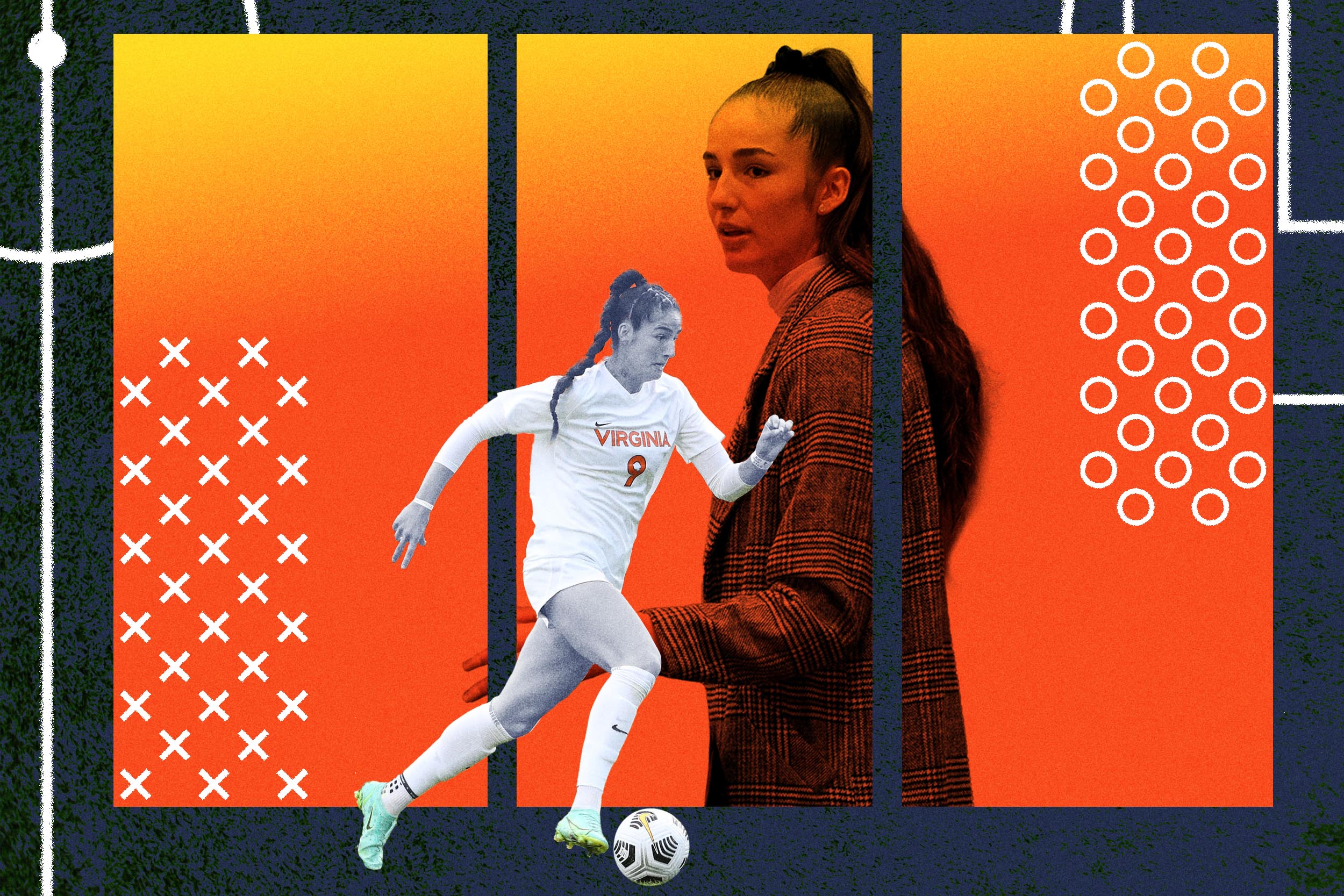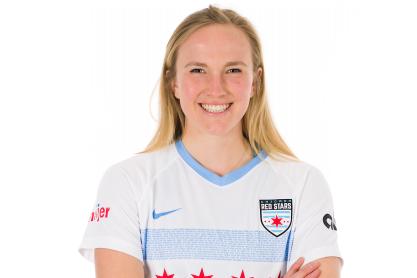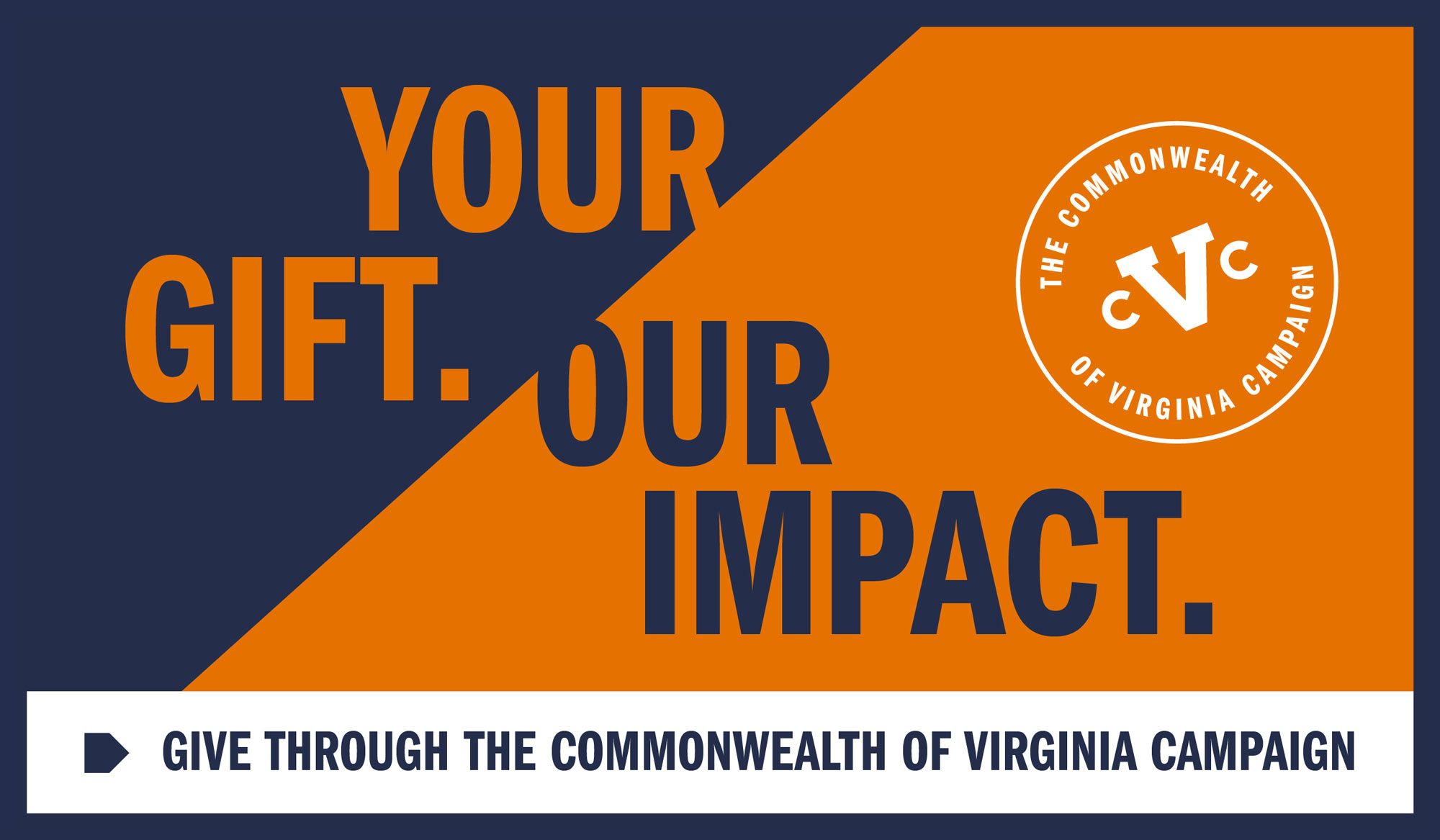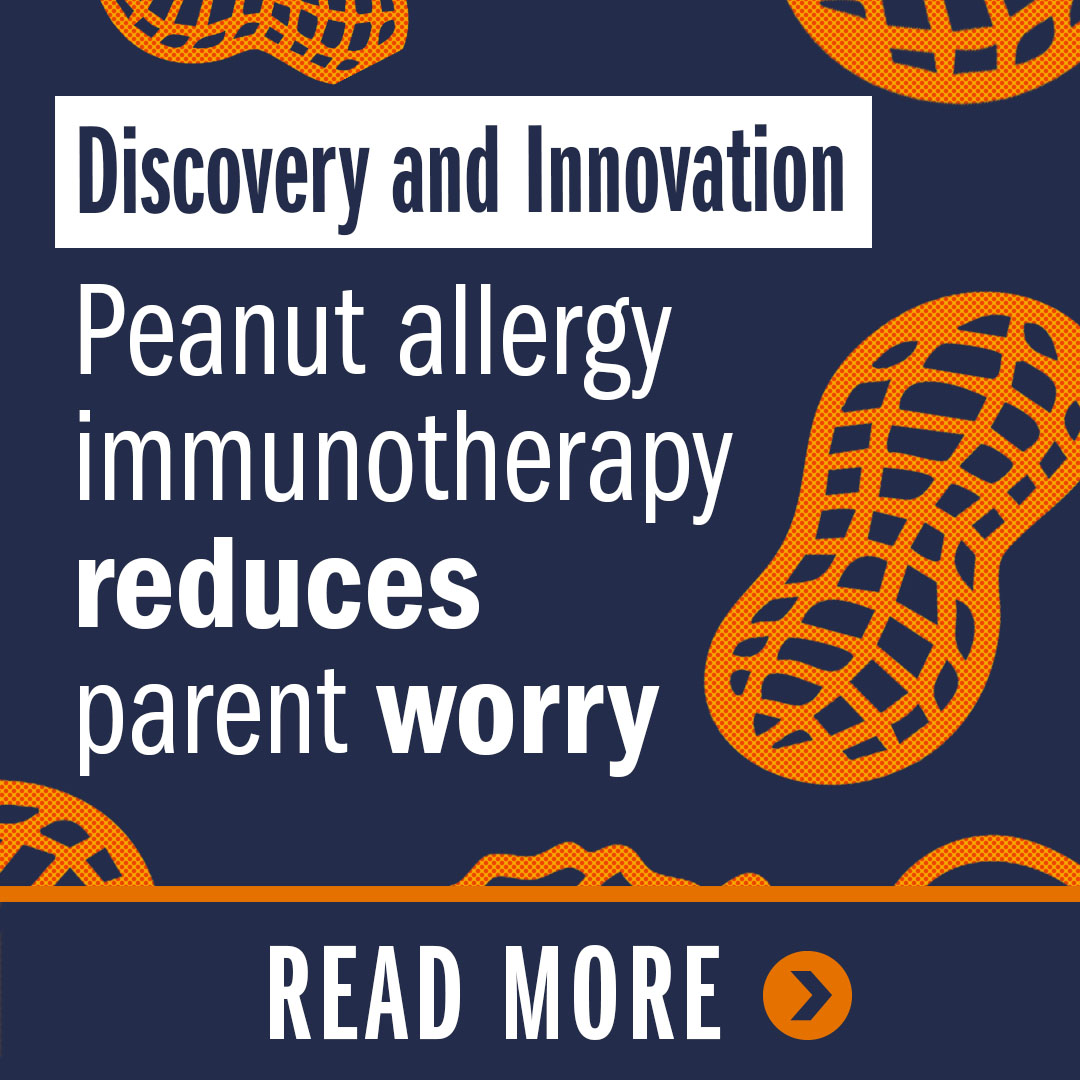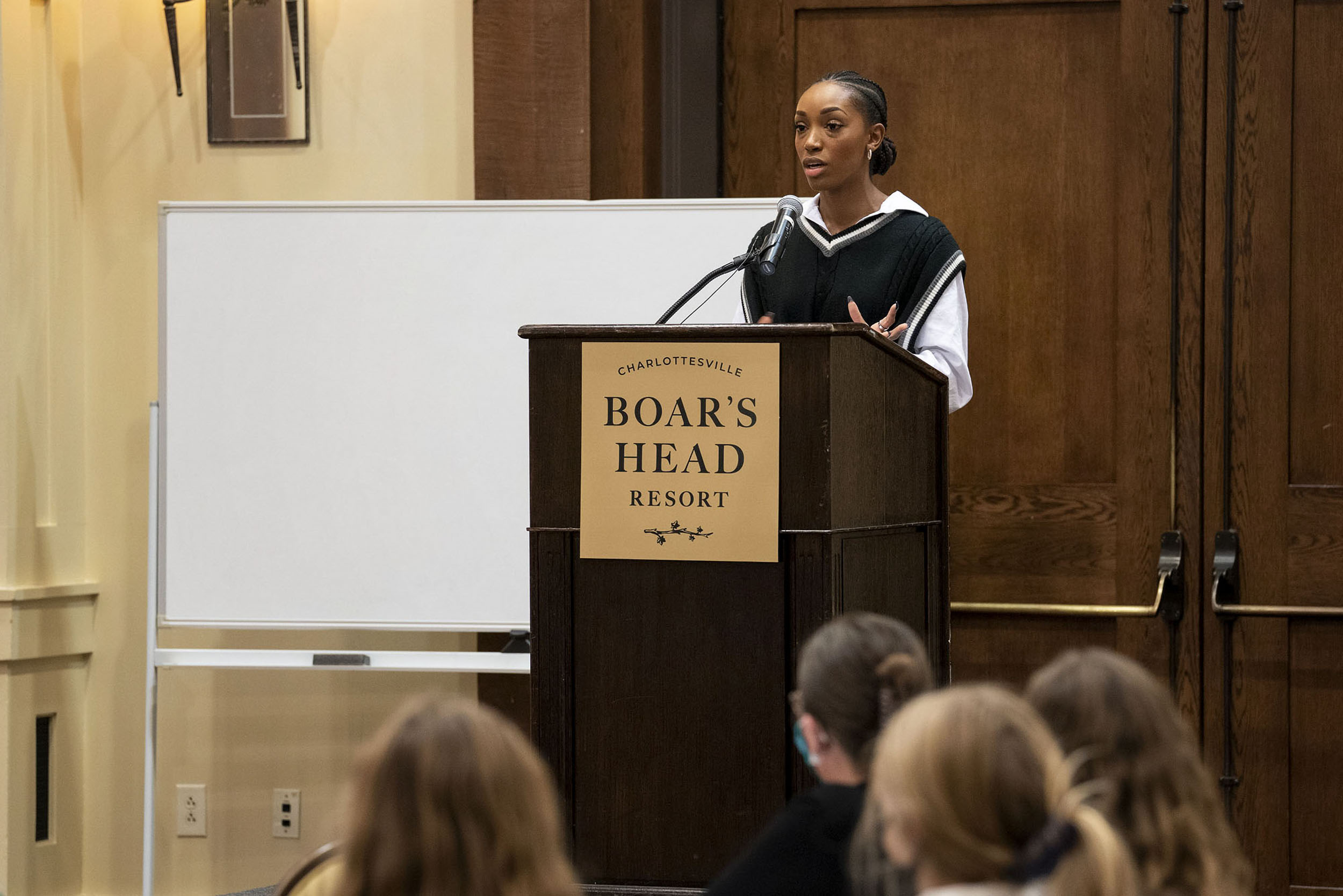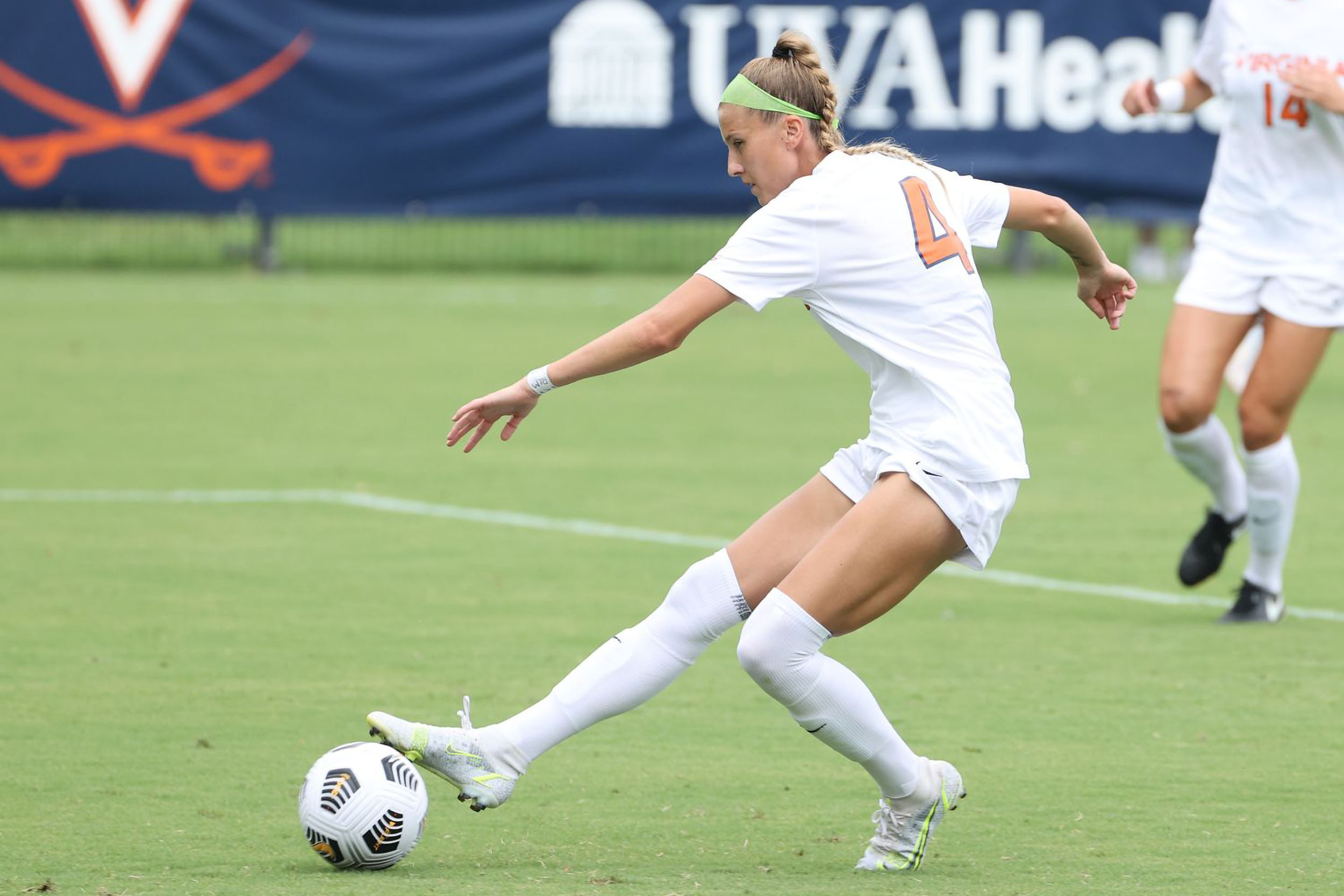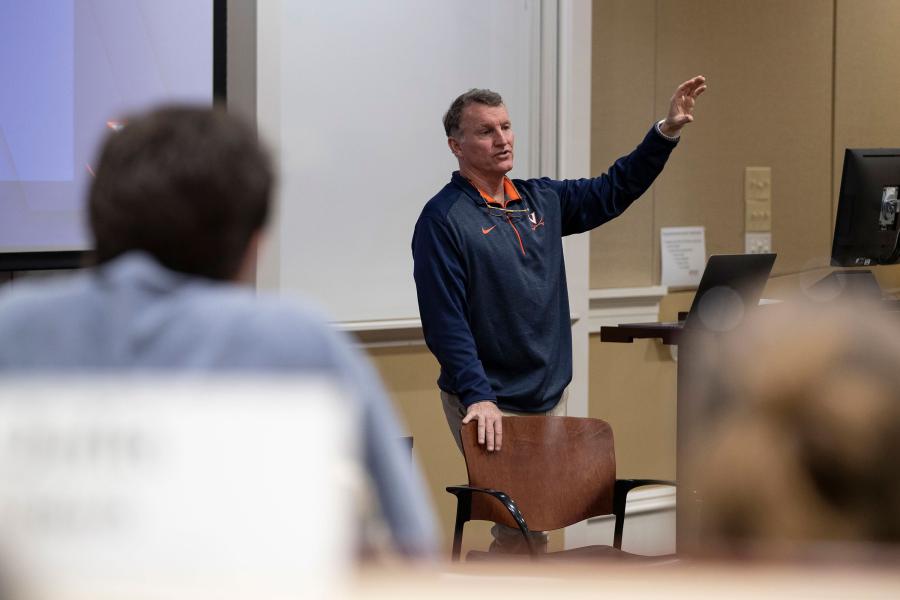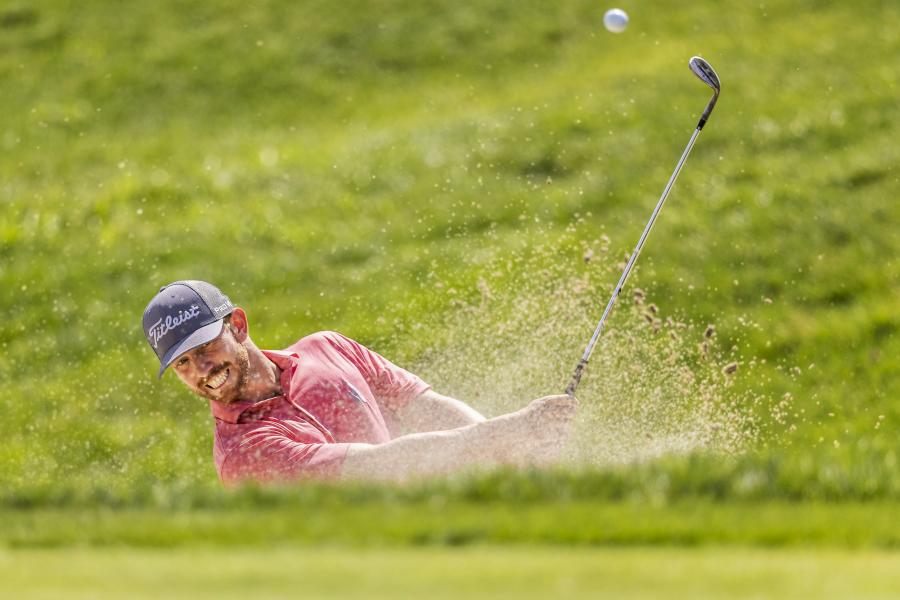As a star high school athlete growing up in Texas, Diana Ordoñez never had any issue with the way she saw her body. Having played soccer and other sports throughout her life, the 5-foot-11-inch Ordoñez was extremely lean and never gave much thought to how much she weighed.
But that changed in 2019 when Ordoñez – four months into her first year on the University of Virginia women’s soccer team – returned home to Dallas.
After being on a new training regimen – one that included adding more calories and lifting weights to become stronger – the former Texas Gatorade Player of the Year could sense that her friends and families were looking at her differently.
The tipping point came when she went to practice with her old club team and a coach asked what UVA had been feeding her, then made a crack about consuming a lot of protein drinks.
“That was pretty rough,” said Ordoñez, fighting back tears before taking a few seconds to compose herself. “But I learned quickly that in order for my body to perform the way it needs to in a [Division]-1 sport, I couldn’t be the skinny tall kid running around the field if I didn’t want to get pushed off the ball.
